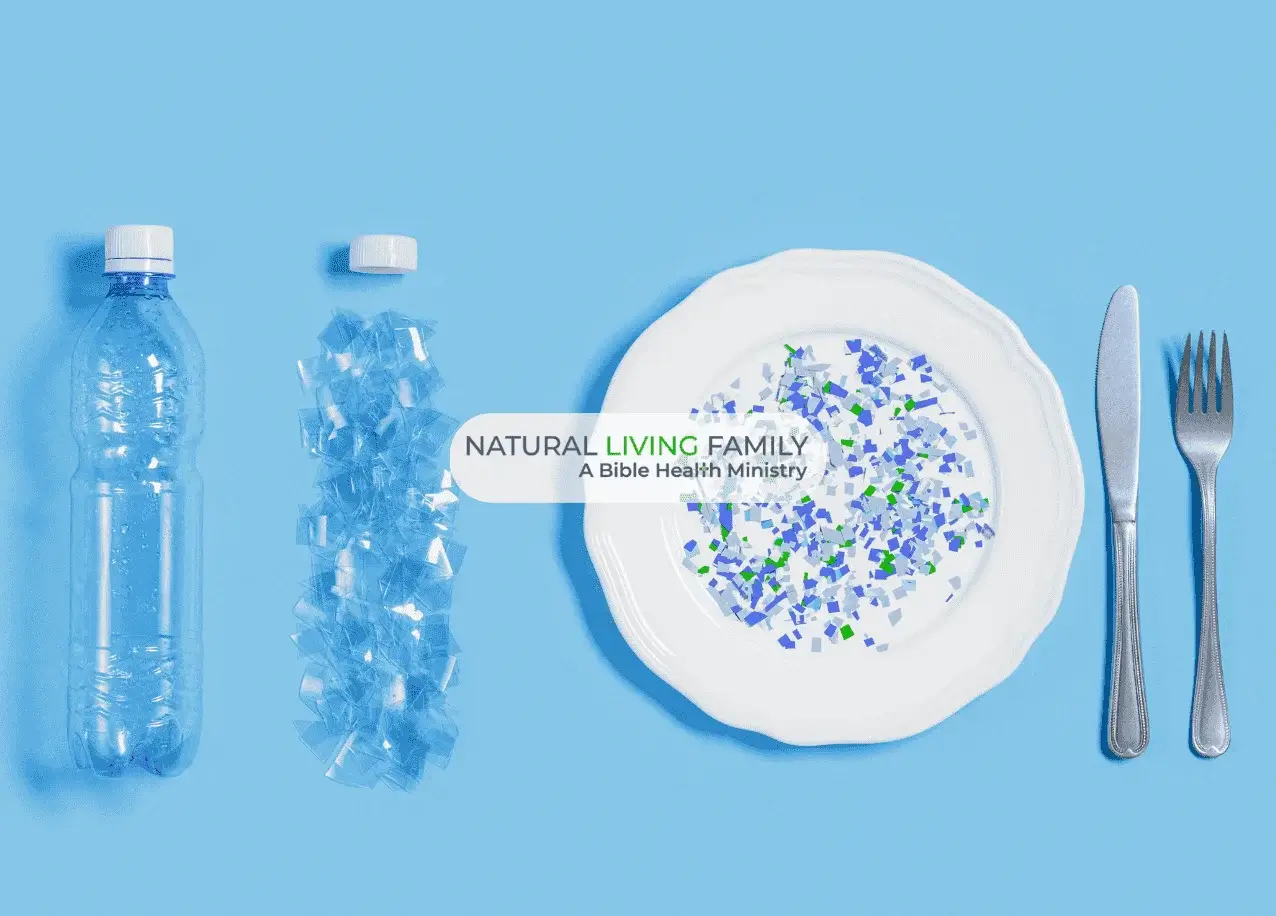What are digestive enzymes? Believe it or not, we have had very little information on the inner workings of the digestive system until just recently. Now, illnesses linked to malabsorption are growing in frequency and have been linked to a lack of digestive enzymes. (1)
I am reminded of a Chinese proverb that says, “He that takes medicine and neglects diet, wastes the skill of the physician.” While this saying makes sense, it may not be as true as we would like to believe. A proper, nutritious diet is not all we need to maintain our health and fight off illness.
Table of Contents
A Look at Digestive Enzymes
Digestive enzymes exist primarily to promote our body’s life-preserving chemical reactions. These enzymes break down larger molecules so that our bodies can more easily absorb them, which is essential to our survival.
There is a lot going on in the initial section of the small intestine, also known as the duodenum. It is here where simple sugars are extracted from carbohydrates, amino acids are extracted from proteins, and fatty acids are extracted from fats and cholesterol.
To ensure the metabolism stays running strong, macronutrients are broken down into small molecules that can then travel through our bloodstream. Also, micronutrients that haven’t been split by the stomach acid are absorbed into the bloodstream as well.
From there, the pancreas creates bile salts or acids that are made up of acids, cholesterol, water, fats, electrolytes, and bilirubin. These are all sourced from the liver by way of the gallbladder. It is when the cholic and chenodeoxycholic acids mix with glycine or taurine, that these bile salts are produced. Our body uses the bile salts to break down foods and allows the lipase enzyme to further reproduce. (2)
Intestinal enzymes, that specifically affect sugar metabolism, include: (3)
- Maltase which transforms maltose into glucose
- Lactase, a dairy sugar, which transforms lactose into glucose
- Sucrase which transforms sucrose into disaccharides and monosaccharides
- Cholecystokinin which aids the digestion of proteins and fats
- Aminopeoptidases which degrade peptides into amino acids
- Secretin which manages the secretion of the duodenum
When talking specifically about fats and amino acids, pancreatic enzymes include:
- Phospholipase which transforms phospholipids into fatty acids
- Nucleases that transform nucleic acids into nucleotides and nucleosides
- Trypsin which transforms proteins into amino acids
- Lipase which transforms triglycerides into both fatty acids and glycerol
- Amylase which transforms carbohydrates into simple sugars
- Elastases that degrades the protein elastin
- Chymotrypsin which transforms proteins into amino acids
This is why digestive enzymes are not just beneficial, they are essential to life. The work to dissolve the foods we eat into good cholesterol, amino acids, fatty acids, simple sugars, and nucleic acids, helps in forming our DNA.
There’s a six-step process that starts with the chewing of food and kicks off a biological domino effect:
- Saliva (Salivary amylase) is produced in the mouth. This enzyme instantly aids in breaking down the food while we chew, a process that continues once the food makes its way to the stomach.
- Pepsin, acids, and other enzymes are released by the parietal cells in the stomach which starts the procedure of debasing the partially digested food into “chyme.”
- Gastric amylase takes over from the acid-neutralized salivary amylase.
- About an hour into the digestion process, the chyme is sent to the duodenum, or the upper small intestine, where the hormone secretin is released. This is triggered by the acidity of the stomach.
- That process then tells the pancreas to release the hormones, numerous enzymes, including lipase, trypsin, amylase, and nuclease; bicarbonate, and bile.
- The acidity of the chyme transforms from acid to alkaline due to bicarbonate changes. This process allows the enzymes to digest food and helps bacteria that survived the stomach’s acidic environment to break down further.
This is the point at which most of the work is done unless you are suffering from insufficient digestive enzymes. If that’s the case, supplements are needed.
Supplementing with Digestive Enzymes
The approach we take to supplementing with digestive enzymes will either be proactive or reactive. And this basically comes down to how we look at nutrition today. I know many of you take the view that “if it ain’t broke, don’t fit it.” Am I right?
When you look at it that way, you’re basically telling yourself that since I don’t have any noticeable gut health issues, there’s no need for enzyme supplementation. But a little extra help is not necessarily a bad thing, especially considering the declining nutrient supply in our food and the increase in chronic diseases, such as diabetes and heart disease.
However you decide to look at it, the truth remains that more and more people are turning to digestive enzyme supplements for specific health conditions.
The Impact of Age & Disease
The older we get, the more alkaline the acid in our stomach becomes. When it comes to our enzyme production, this means the likelihood that the acids triggered by chyme entering our intestine could fail.
This is bad because when the acid triggers fail, it starts a chain reaction and secretin isn’t released, which in turn stops pancreatic secretions. In fact, the more we age, the more likely digestive issues can result from enzyme deficiency or low levels of stomach acid. (4)
A Lack of Stomach Acid (Hypochlorhydria)
Unfortunately, the lack of stomach acid, a condition known as hypochlorhydria, doesn’t pertain solely to the elderly. (5) Not only does the limited stomach acid fail to trigger its intended reactions, but also it is not enough to break down foods that release the nutrients, vitamins, and minerals our bodies desperately need.
The majority of the micronutrients in foods are released in the stomach. When this process doesn’t work as intended, an automatic enzyme deficiency is created.
Digestive Enzymes and Liver Disease
People suffering from liver disease are most likely suffering from an enzyme deficiency at the same time. Alpha-1 antitrypsin, a more common condition, is a genetic disease that impacts about 1 in 1,500 people around the world. (6) This usually affects adults between the ages of 20 and 50 with breathing and other respiratory issues, and nearly 15 percent of adults will develop some sort of liver condition.
There are also other illnesses, which at first may not appear to be related to an enzyme deficiency, that need to be explored.
For instance, Crohn’s disease could be a direct result of insufficient digestive enzymes. Deficiencies of Iron and Vitamin B12 could be signs that the digestive system is failing to remove the proper nutrients from the food you eat. The same goes for Vitamin D deficiencies, which indicate malabsorption, and Vitamin A, which can cause blindness.
But you don’t have to wait until you have a diagnosed sickness to determine whether you are enzyme deficient. Other minor conditions can be a warning sign, such as:
- Gastrointestinal Complaints – One gauge, which is paired with stomach distention around an hour after eating, is diarrhea. Flatulence and indigestion can be indicators of an enzyme deficiency.
- Stool Changes – When your stool is pale and floats in the toilet bowl, this is a sign that your pancreatic enzymes are not performing the way they should. This is because fat is not being broken down properly and fat floats. One more sign can be greasy or fatty deposits left floating in the toilet bowl.
- Fluoridated Water – Recent research proposes that fluoride in our drinking water may be responsible for the decreased activity of both pancreatic lipease and protease. (7) The report, which was conducted on pigs, has major repercussions relative to increased numbers of free radicals and loss of mitochondria production. (This might be a good reason to look into a water purification system like AquaTru.)
So the answer to “who should be taking digestive enzyme supplements,” as it turns out, is more than we first thought.
Best Digestive Enzymes & Their Benefits
There are many benefits to taking supplements of digestive enzymes. As we know from above, we simply cannot process food without them. But going a bit further, there are three important reasons for taking digestive enzyme supplements:
- They promote gut health by reducing the amount of stress in the gastrointestinal tract.
- They improve the absorption of nutrients into the body, helping to stop malnutrition.
- They act as a countermeasure against naturally occurring enzyme inhibitors, such as those found in peanuts, nuts, seeds, egg whites, wheat germ, beans, and potatoes.
There are three sources from which digestive enzymes are sourced:
- Plants – Especially from fungi and certain fruits.
- Animals – Mainly from the pancreatin of hogs or oxen.
- Fruit – Pineapple and papaya are the best.
Options for Vegetarians
While off-the-shelf digestive enzyme products can have a plethora of ingredients, some are limited solely to plant-based contents. These are ones geared toward vegetarians and vegans.
Plant-based supplements will typically contain bromelain, an enzyme most commonly found in the pineapple, and papain, which is found in papaya. Others will include herbs and spices that complement these enzymes. While it’s not an enzyme, but instead an herbal remedy, Amla, or gooseberry, extract is sometimes included for its ability to synergize with other compounds.
Then there are also products built specifically for vegans. For these, the pancreatin source comes from Aspergillus Niger (a common fungus), in most cases. This is a fermented product, not an extract such as ox or hog bile.
Full Spectrum Digestive Enzymes
For basic improved digestion, it’s important to look for a full spectrum blend of digestive enzymes. A few tips include:
- Make sure your blend has herbs, such as ginger and peppermint, which support digestion.
- Look for options with more lipase and bile salts if you suffer gallbladder problems.
- If you see Betain HCI on the list of ingredients, you’ll want to make sure pepsin is there, too.
It’s important to keep in mind your specific needs because some people will require more pancreatic enzymes than others. (8) Many supplements will hold some level of pancreatin, which is a combination of all three pancreatic enzymes.
When all is said and done, enzyme supplements have great value. Have you improved your gut heath with digestive enzyme supplements? Let us know your experience in our support group.
References:
- http://gut.bmj.com/content/54/suppl_6/1.full
- http://www.vivo.colostate.edu/hbooks/pathphys/digestion/liver/bile.html
- http://en.wikipedia.org/wiki/Digestive_enzyme
- http://nutritionreview.org/2013/04/gastric-balance-heartburn-caused-excess-acid/
- http://drmyhill.co.uk/wiki/hypochlorhydria_-_lack_of_stomach_acid_-_can_cause_lots_of_problems
- http://ghr.nlm.nih.gov/condition/alpha-1-antitrypsin-deficiency
- http://www.fluorideresearch.org/383/files/383215-219.pdf
- https://www.pancan.org/section-facing-pancreatic-cancer/learn-about-pan-cancer/diet-and-nutrition/pancreatic-enzymes/











